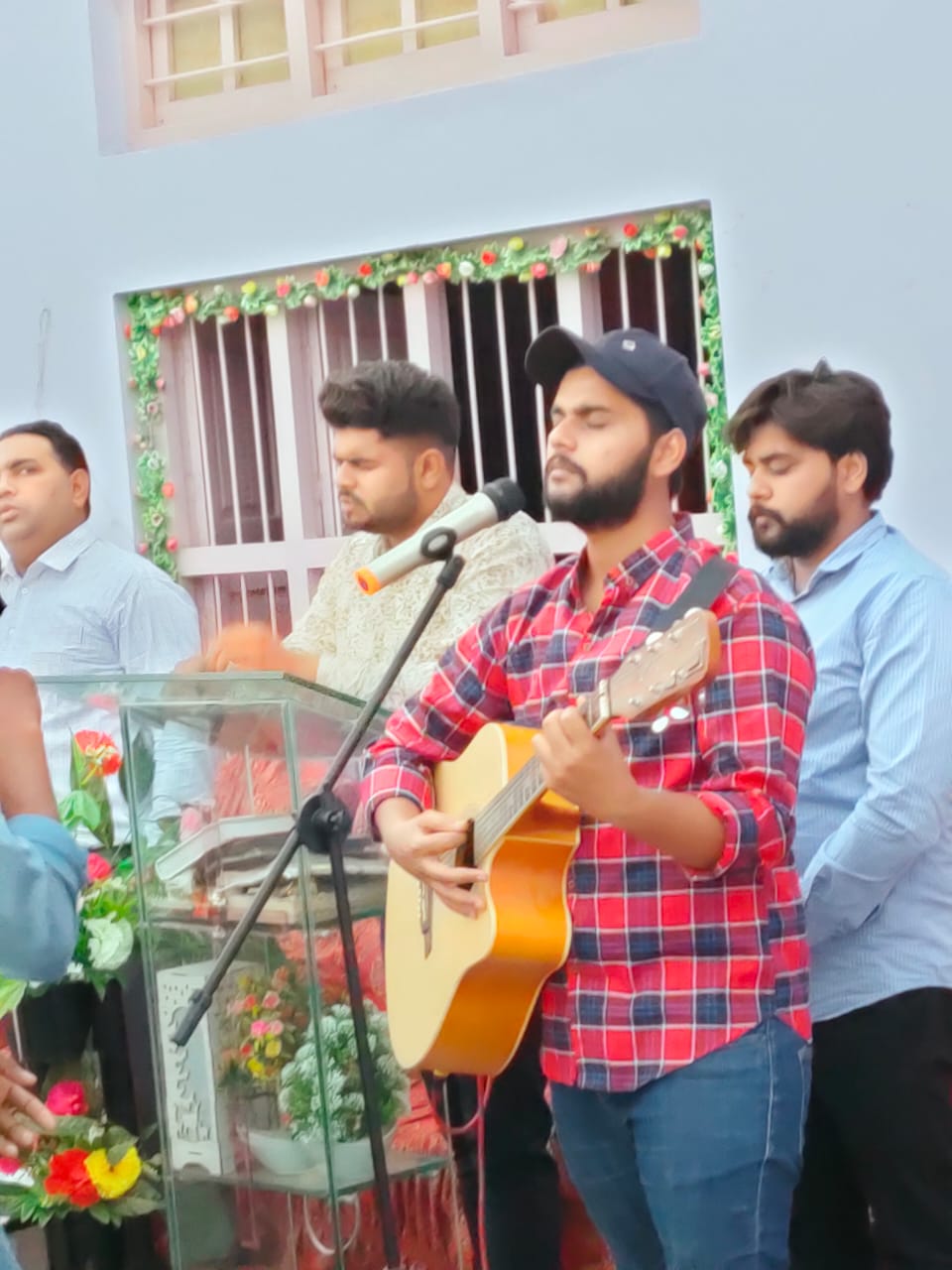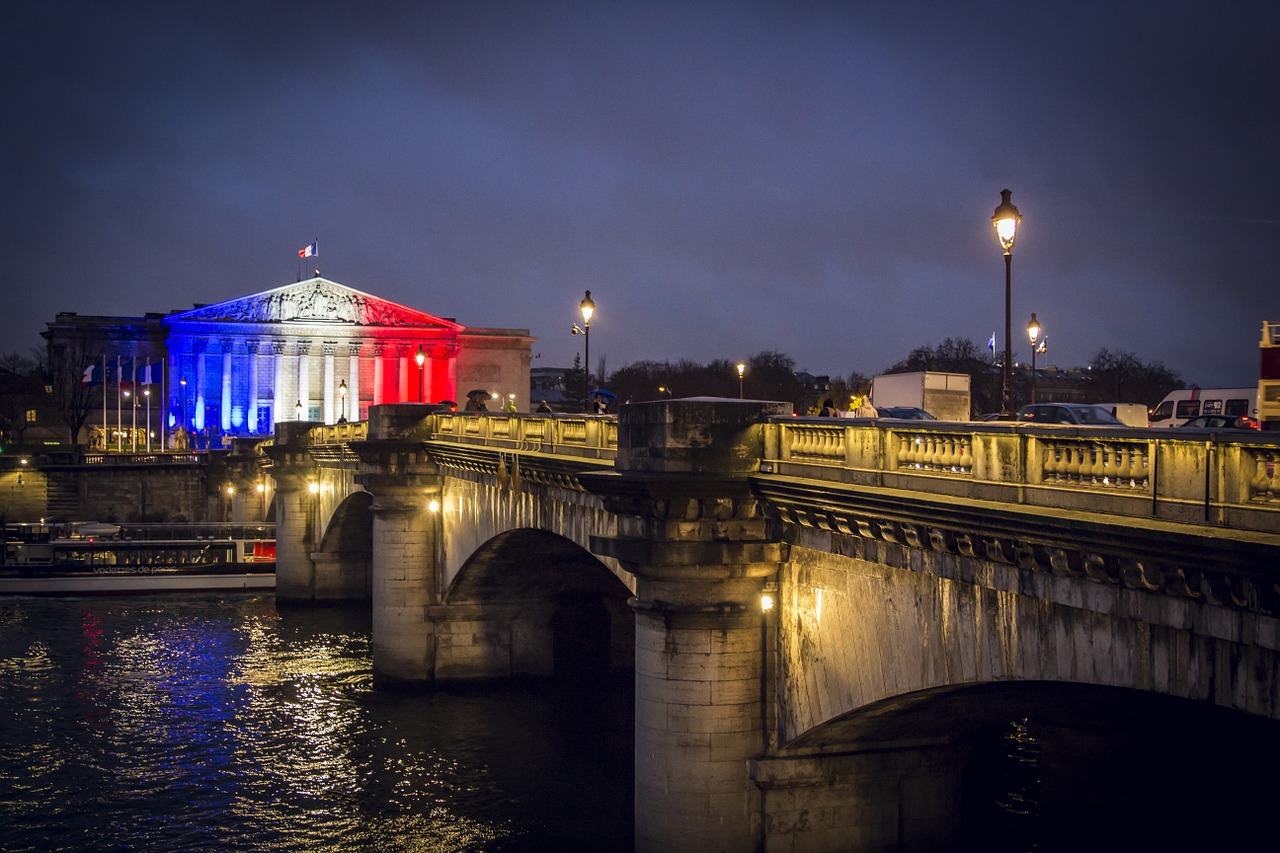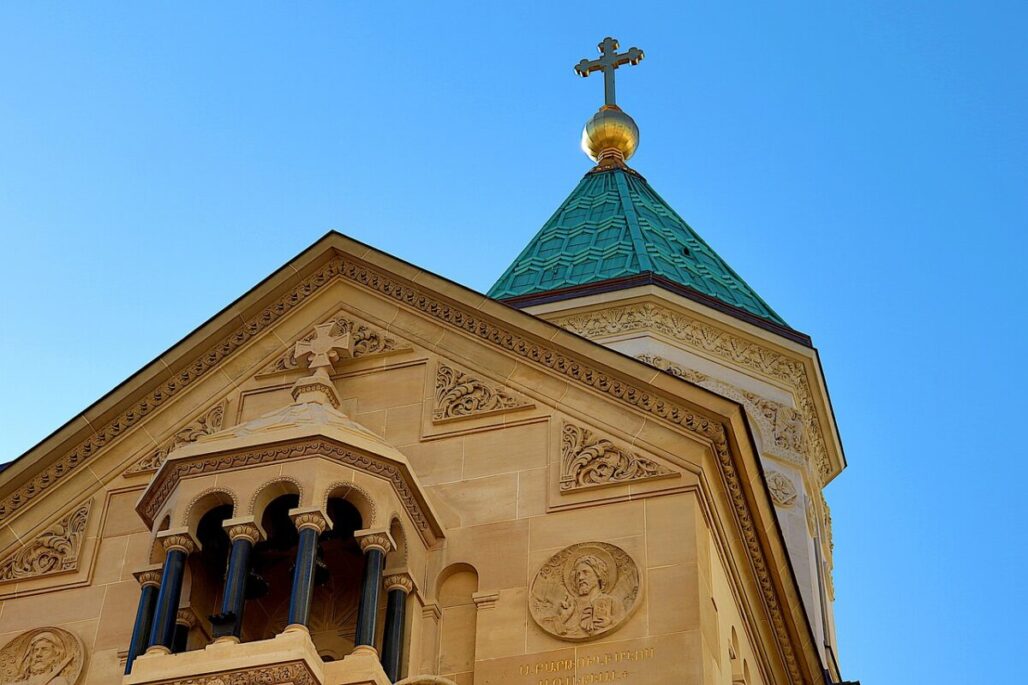The radicals are woven into all the culture of Pakistan. Some are recognizable by their beards and dress, but others wear the suits of businessmen, generals, and government leaders. As a result, Pakistani Christians must be incredibly careful about what they say and do. One misstep can trigger a beating or cost them their homes, jobs, their freedom, or even their lives.
Christian girls are often abducted, raped, and forced to marry their rapists and convert to Islam, never to be seen by their parents again. Many churches have been bombed and pastors murdered. Pakistan is one of the few countries in all my travels where I have felt vulnerable.
Once, in Islamabad, I was sitting at a stoplight in a state of jet lag, dreamily pondering the plight of Christians in Pakistan. I was thinking about how oppressed and defenseless they were and thinking that I, too, was defenseless, if only temporarily.
As I thought about that, I was staring out my open car window at the surrounding traffic. My gaze wandered from car to car as we were boxed in and at a standstill. I thought to myself, “If the radicals wanted to kill me here, it would be ridiculously easy.”
Suddenly, my eyes settled on a face contorted with rage staring back at me. The man’s clothing showed him to be a radical Islamist. Leaning out of a van 10 feet ahead us, he was trying hard to get my attention and there was no missing his message. His face screamed, “You are not welcome here, and if I could, I’d kill you right now!”
Our eyes met for an instant before I turned away, pretending to be oblivious. As I looked away, my host, Shahbaz, spotted him and whispered repeatedly, “Do you see him? Do you see him? Look at him, he wants to kill you!” I let Shahbaz know under my breath that I hadn’t missed him, and I didn’t need to look at him again! Within seconds the traffic light changed, we turned to the right, and the van went straight, taking with it the hate-filled eyes still locked on me.
Shahbaz relaxed when the incident was over. Later, we sat down to eat, and he said, “It’s not safe for you to come here. Security is notified every time an American comes here. You never know if you are being watched.” That day, at the stoplight, I gained just a bit of an understanding of the daily experience and mindset of a persecuted Christian.
Walk through a dark alley at night on the wrong side of town, and you will get a taste of how the persecuted Christian feels every day. It’s a constant feeling of vulnerability. They are keenly aware that someone could be hiding in the shadows, waiting to hurt them.
Christians in Pakistan are second-class citizens; in many restaurants, Christians can’t eat with Muslims or must use separate silverware. In the Pakistani press (and society), Christians (until recently) were referred to as “garbage collectors.” Consider what that would do to your psyche over time. You might laugh at first and then feel angry, but over time the abuse would take its toll. You would start to think of yourself as a “garbage collector.” Christians are cowed, beaten down, and always looking over their shoulder to avoid any abuse coming their way.
I had known Shahbaz for a couple of years, and the curious thing about him was that from the beginning of our relationship, he always told me that one day he’d be assassinated by Islamists.
I never knew how to take those comments. Pakistan is a convoluted and corrupt mess, and I always wondered if it was a ploy to gain sympathy and more financial support, or if it was real.
As our relationship grew, I saw it was a simple declaration of an obvious and inevitable outcome.
For years, ICC’s founder, and then myself, had introduced him to government leaders in Washington, D.C. With those connections, his reputation grew, and over time, he rose to become Pakistan’s highest representative of its religious minorities. He repeatedly stood up for the rights of persecuted Christians against the fundamentalists. He had a target on his back.
As his time drew closer, he began to distance himself from friends, knowing that his end would be violent.
A couple of months before his death, I met with him in Washington, D.C. I keep a picture we took together then on my desk. His beaming face reminds me that the martyr often knows his end is coming. Shahbaz chose to walk out his last days with courage, serving King and Kingdom with courage and selflessness.
Just a few months later, I read that he had been gunned down by radical Islamists outside his house.
Source: The Glare – International Christian Concern (persecution.org)







